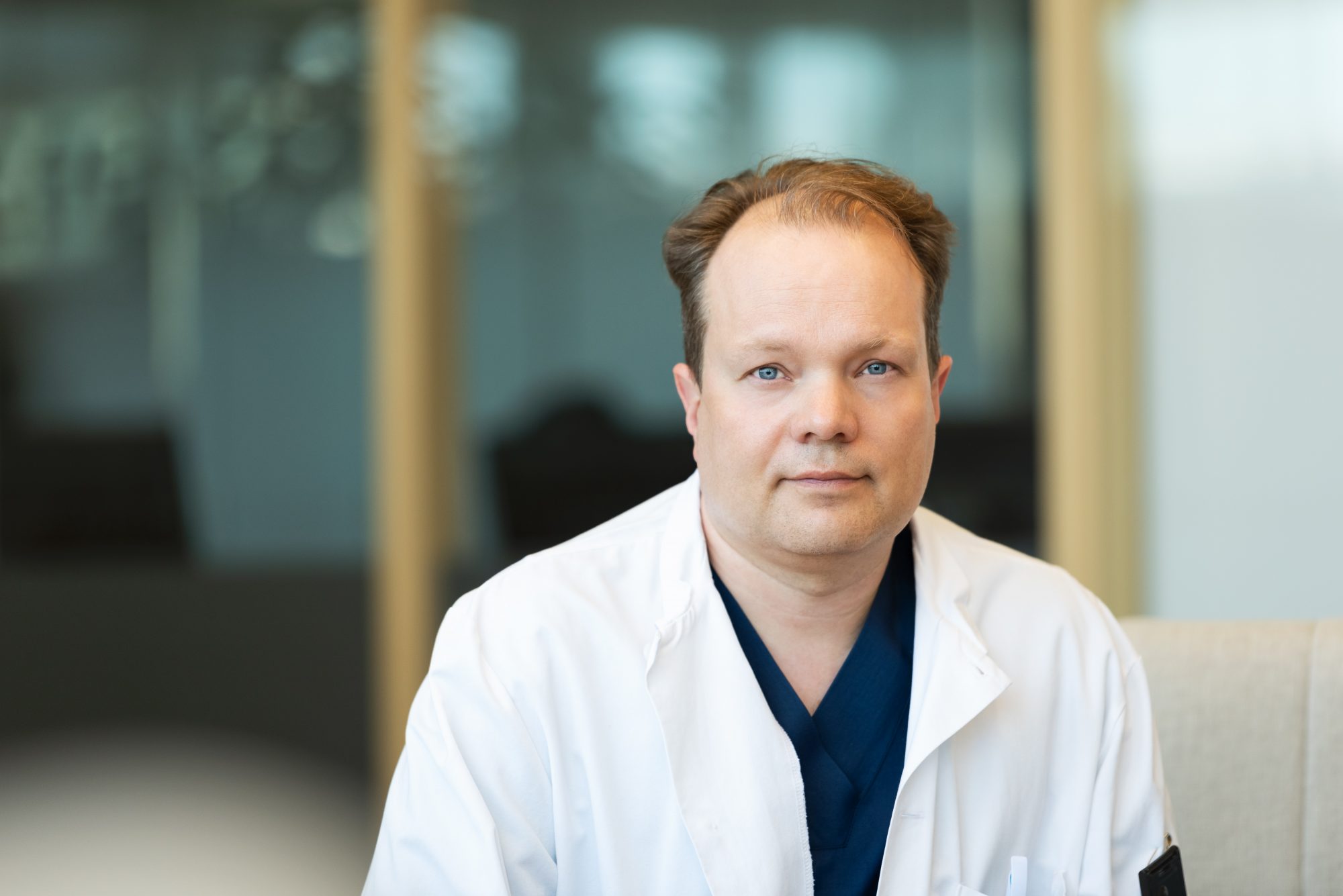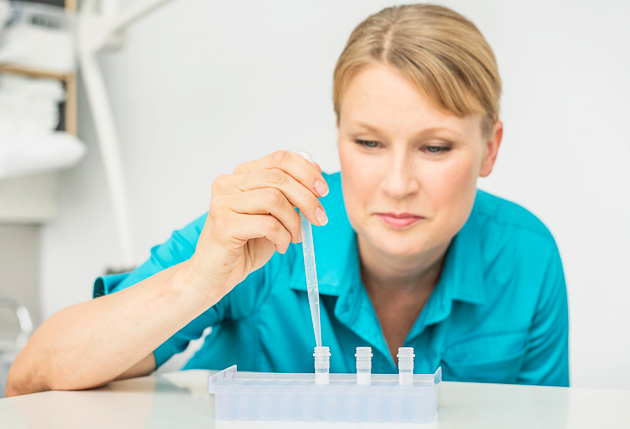Colorectal cancer is a common but rarely talked-about disease
28.4.2023 Categories: Articles
Colorectal cancer is a generic term for cancers in the colon, rectum and small intestine. Over the past 50 years, the level of incidence of colon and rectal cancers has quadrupled in Western countries. This is because of factors such as lifestyle and the ageing of the population.
–The average age of being diagnosed with colorectal cancer is 65, but it can also affect people under 50. However, it is still rare, even though the number of young people with colorectal cancer is growing,” says Tuomo Alanko, Specialist in Medical Oncology at Docrates Cancer Center.
Colorectal cancer is a treacherous disease that is rarely talked about
Colorectal cancer is a treacherous disease because it can be painless and almost asymptomatic for a long time. Diagnosis often takes months. This is mainly due to two factors: the patient often takes a while before seeking medical attention and there may be delays in receiving healthcare.
– A typical patient has usually experienced various stomach symptoms for a while but thought that they were normal. Many patients do not realise they need to see a doctor until they notice blood in their stool. Even then, it can take several months before they schedule an appointment. After this, it may still be months before a diagnosis can be made after various examinations.
– Earlier diagnoses are our most important goal. The earlier colorectal cancer is diagnosed, the better the prognosis. People do not often want to talk about colorectal cancer, and there may be some shame associated with the disease. There is still a lot to be done to make people aware of the prevalence of colorectal cancer and the importance of detecting it early, says Alanko.
Colorectal cancer screening starts in Finland
Colorectal cancer screening aims to find asymptomatic, precancerous growth or early stage cancer. Colorectal cancer can be screened with a simple blood test from a stool sample. If blood is found in the sample, the next step is a colonoscopy. In Finland, nationwide screening for colorectal cancer started in 2022. Initially, the screening applies to those aged between 60 and 68 and will gradually expand to all people between the ages of 56 and 74 by 2031.
– The test takes 10 seconds and it could save your life. If you are invited to a screening programme, make sure to use those 10 seconds. If you are not part of the age group that is invited to a screening, you can also take the test at your own expense, says Tuomo Alanko.
Colonoscopy as a birthday present
Symptoms of colorectal cancer may include changes in bowel functions or blood in the stool. Tuomo Alanko advises everyone to seek medical attention as soon as they experience unusual stomach symptoms.
– If you have symptoms, it’s best to take a look to make sure it’s nothing serious. I recommend a colonoscopy, in other words a bowel examination, for everyone from the age of 50 upwards, even if you have no symptoms. In fact, I’ve half jokingly said that a colonoscopy is a great 50th birthday present, says Alanko.
How to prevent colorectal cancer?
Not all risk factors for colorectal cancer are known, but both environmental factors and heredity are known to contribute to tumor formation. Examples of risk factors include age, a low-fibre diet high in animal fats and protein, excess weight, lack of exercise, long-term inflammatory bowel disease and previous gastrointestinal polyps.
– What we eat matters. According to research, abundant consumption of fruits and vegetables, as well as eating fibre-rich foods, reduces the risk of colorectal cancer. Dairy products and fish also appear to have a protective effect, while red meat, alcohol and processed meat products increase the risk of disease. Physical activity also plays a major role in preventing the risk of colorectal cancer. However, it is important to remember that no matter how healthy you are, you can still get cancer. Coincidence and genetics matter a lot, says Alanko.
More and more people recover and live longer
In the 1950s, only one in every five cases of colorectal cancer was cured. Today, the prognosis is better: More than 80% of colorectal cancers diagnosed early are cured, thanks to improved diagnostics and advanced treatments.
Colorectal cancer is always treated on an individual basis. The main treatment for early-stage cancer is surgical removal of the tumor. Chemotherapy is also used to treat cancer. Chemotherapy reduces the risk of cancer recurrence by about 50%. The risk of local recurrence of rectal cancer can be reduced by pre-operative radiotherapy. Radiotherapy is also used if it has not been possible to remove the tumor with surgery.
There are also increasingly effective treatments for advanced colorectal cancer. If colorectal cancer is found to have spread, chemotherapy is the primary form of treatment. Chemotherapy helps control the cancerous tumor, prevent the formation of new metastases and reduce the symptoms of cancer. Advanced cancer is treated with cytostatic agents and new biological treatments called targeted therapies. Today, even metastases can be operated in some cases, which can lead to longer life expectancy or even full recovery.
– Treatments are improving all the time, and life expectancy is increasing. Some treatments are highly effective, and even with advanced colorectal cancer, you can live a good life for several years, says Alanko.
– In the treatment of advanced cancer, testing for certain gene abnormalities in cancerous tumors has become a routine procedure and affects the choice of medication in up to 50% of the patients. With the help of new genetic research, more individualised and tailored treatment can be achieved in the selection of drug therapy. The purpose of genetic testing is to identify which gene abnormalities are important for cancer growth in each case. At best, it is possible to find a drug treatment suitable for the mutation in question, Alanko says, explaining the recent developments in the field.
Get tested if you experience the following symptoms
- Blood in stool
- Significant change in bowel function that does not pass
- The colour or consistency of the stool is abnormal for a longer period of time
- Blockage symptoms, such as pain and feeling full earlier than usual
Read more about Colorectal cancer >












